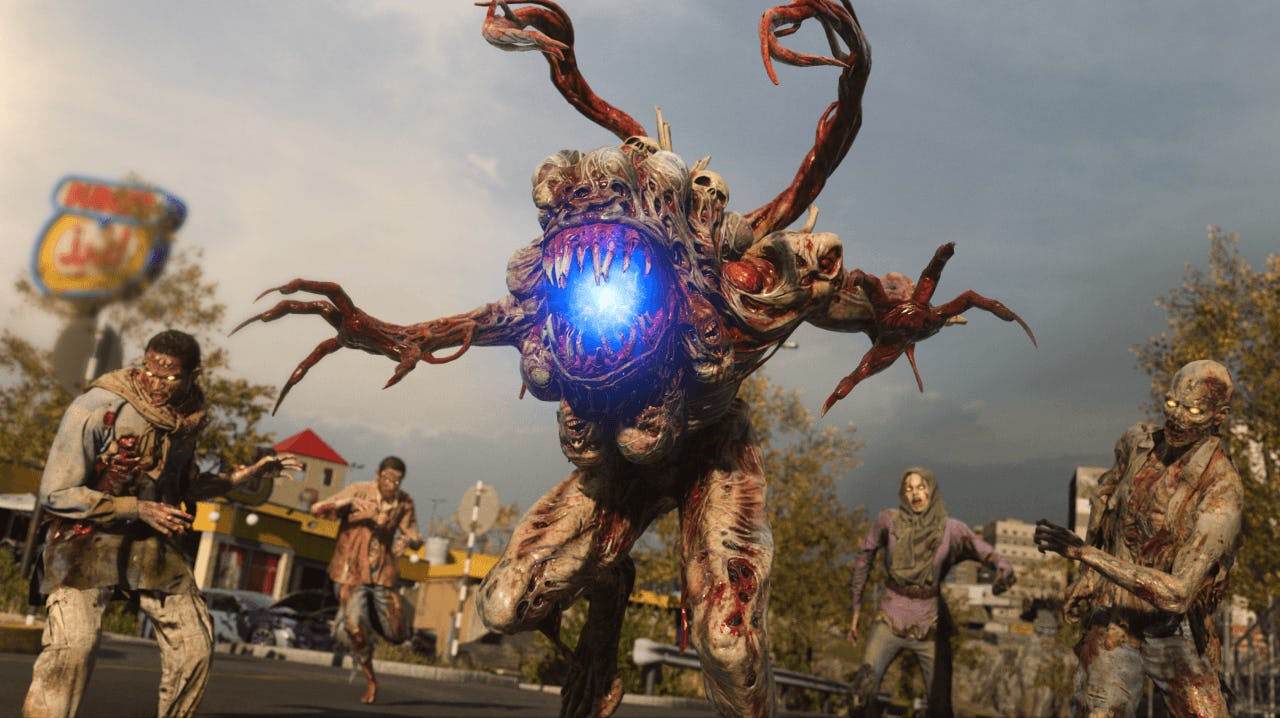
I still remember my first experience with the undead. After rolling credits on the Call of Duty: World at Wär campaign, I spawned into a bunker with only a pistol at my disposal. Spooked by unnerving noises and the shadows in the distance, my 12-year-old self turned the Xbox off and went to bed.
My first experience with Call of Duty Zombies was a bit of a false start, but it didn’t stop me. I spent night after night with friends trying to get to a higher round, developing new strategies, and testing different weapons. Stories and scores were traded at school. There were even whispers of a “Zombie Hitler” if you made it to Round 100 (one of the last playground rumors where you couldn’t instantly Google the answer).
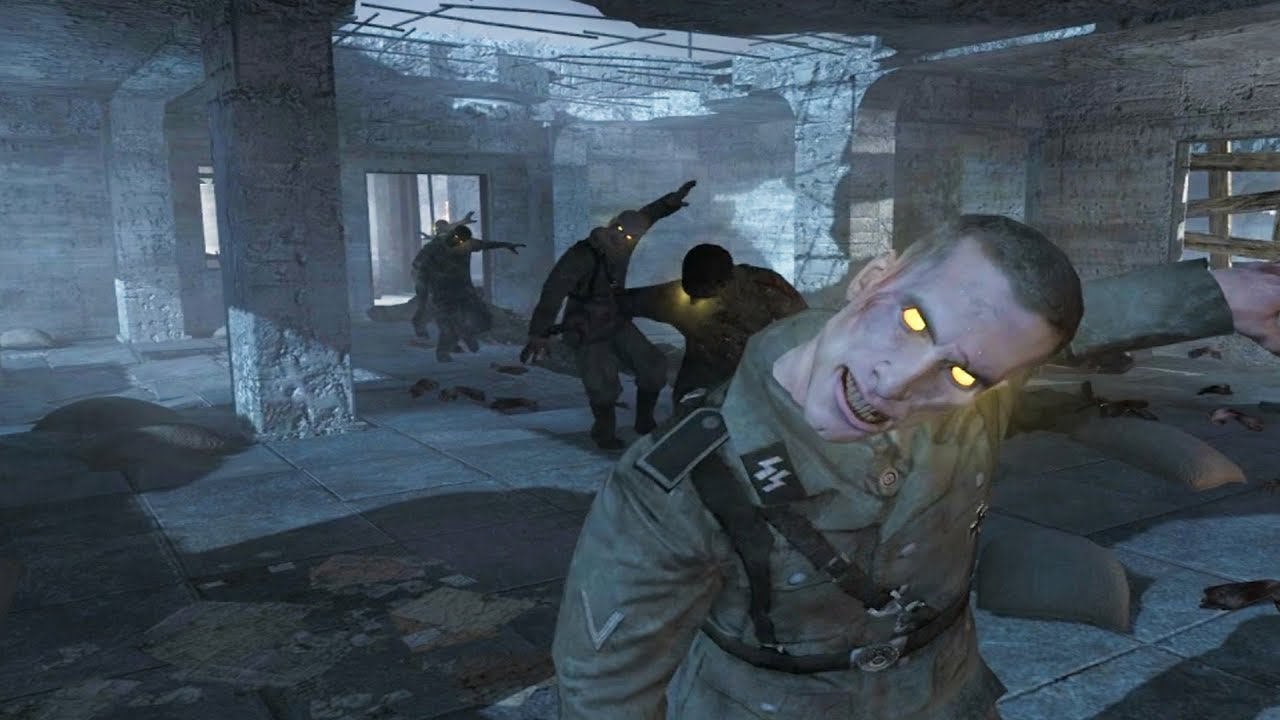
The novelty of the mode wore off for many multiplayer-focused players, but I wanted more. Thankfully, I wasn’t alone. Due to the success of the inaugural map, Nacht Der Untoten, post-launch support included Zombies, with an additional map added alongside each multiplayer map pack. A community began to form online full of players theorizing over threads of story and lore while sharing tactics to survive the horde. Zombies had become a niche alternative to the overwhelmingly popular Call of Duty multiplayer suite. By the end of 2017, the mode proved it could hold its own, with a Zombies exclusive expansion topping the Playstation Store’s top-selling list for downloadable content.
Nowadays, Call of Duty is in a much different place. It’s still one of the first video game franchises on the public’s lips, continues to rake in money from microtransactions and yearly installments, and remains the best first-person shooter on the market. However, a cloud of negativity surrounds the latest iteration, Modern Warfare III, from both critics and its casual audience due to a lackluster launch and reports that the game was rushed to market.
But like a zombie in the first act of a horror movie, the solution is hiding in plain sight. Call of Duty publisher Activision should look to Treyarch (the same studio that invented Zombies mode 15 years ago) to revitalize the game once again and deliver upon the tremendous potential of the Zombies mode that it created all those years ago.
The Glory of Call of Duty Zombies
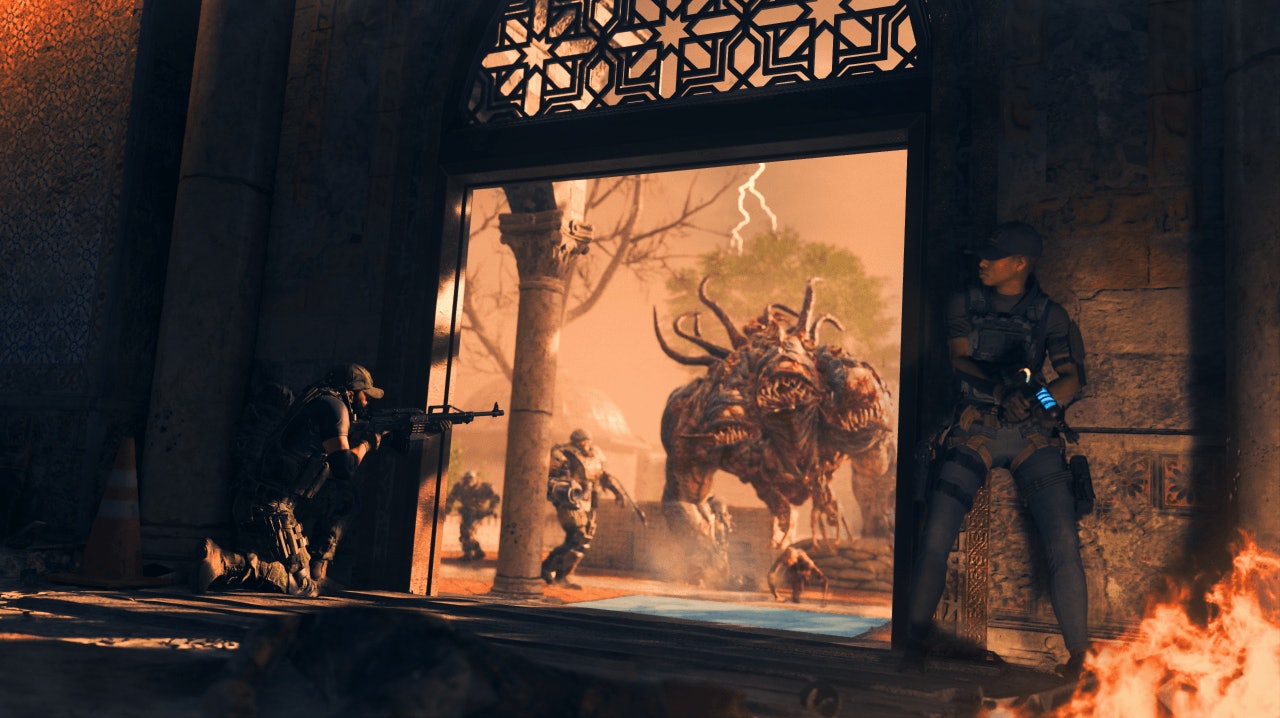
The basic concept of Zombies is simple: Fight off increasingly difficult waves of undead enemies until you and your team fall victim to the horde. But Zombies is so much more.
Call of Duty Zombies is a sandbox where developers experiment with ideas that would never get approved in the more grounded campaign and multiplayer modes. Realism goes out the window alongside any preconceived notions of what Call of Duty should be. One moment, you could be fighting Zombies alongside JFK, Richard Nixon, and Fidel Castro in the Pentagon. The next, you’re the acid-filled stomach of an ancient alien beast or collecting bat guano to defeat a werewolf. It’s zany and mysterious. In other words, it’s everything Call of Duty appears not to be.
The story of Zombies is just as weird, taking alt-history, mythology, sci-fi, and fantasy and throwing them in a massive blender. Most Call of Duty campaigns are too serious for their own good, but Zombies knows when to have fun and when to be earnest. There are elements of The X-Files, with both an overarching arc and standalone stories that help to keep the narrative fresh.
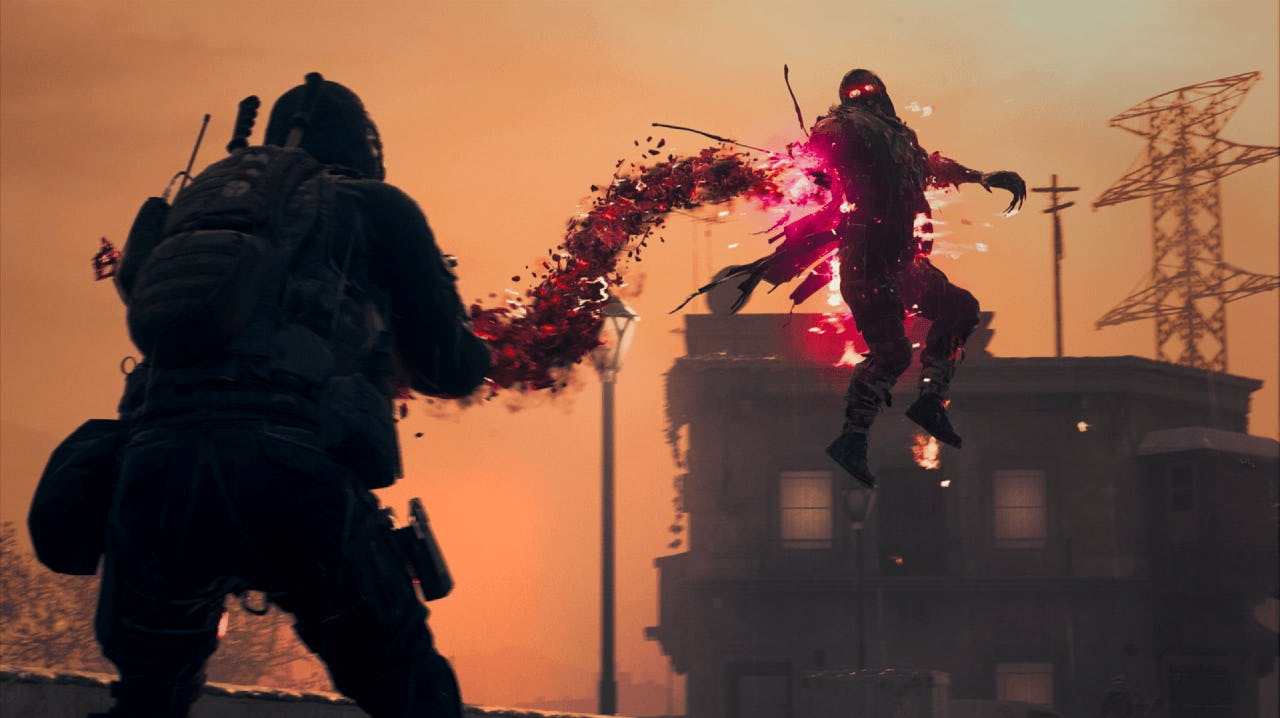
Audio is one of Zombies’ secret weapons. The mode extensively uses audio logs to flesh out lore and characters. Dialogue between characters teases future events and raises questions for fans to theorize about, with some story threads taking years to pay off. Treyarch’s in-house sound team created an extensive soundtrack for Zombies, with many songs crafted to contribute to the narrative experience with clues hidden in the lyrics. You’d expect this from a Remedy Entertainment game like Alan Wake 2, not Call of Duty.
The most unique aspect of Zombies is the secrets it hides. Discovering and completing hidden quests has become the primary motivation for many players, with lore, cinematic cutscenes, and epic boss fights all a part of the fun. It’s like a Destiny raid mixed with a Call of Duty campaign mission. Completing these quests is an irreplaceable rush, and I’d recommend it to any new player. Unfortunately, developing them takes up a lot of time and resources. As a result, Treyarch had to look at alternate ways to continuously release Zombies content, much to the chagrin of diehard fans.
Hungry for the Undead
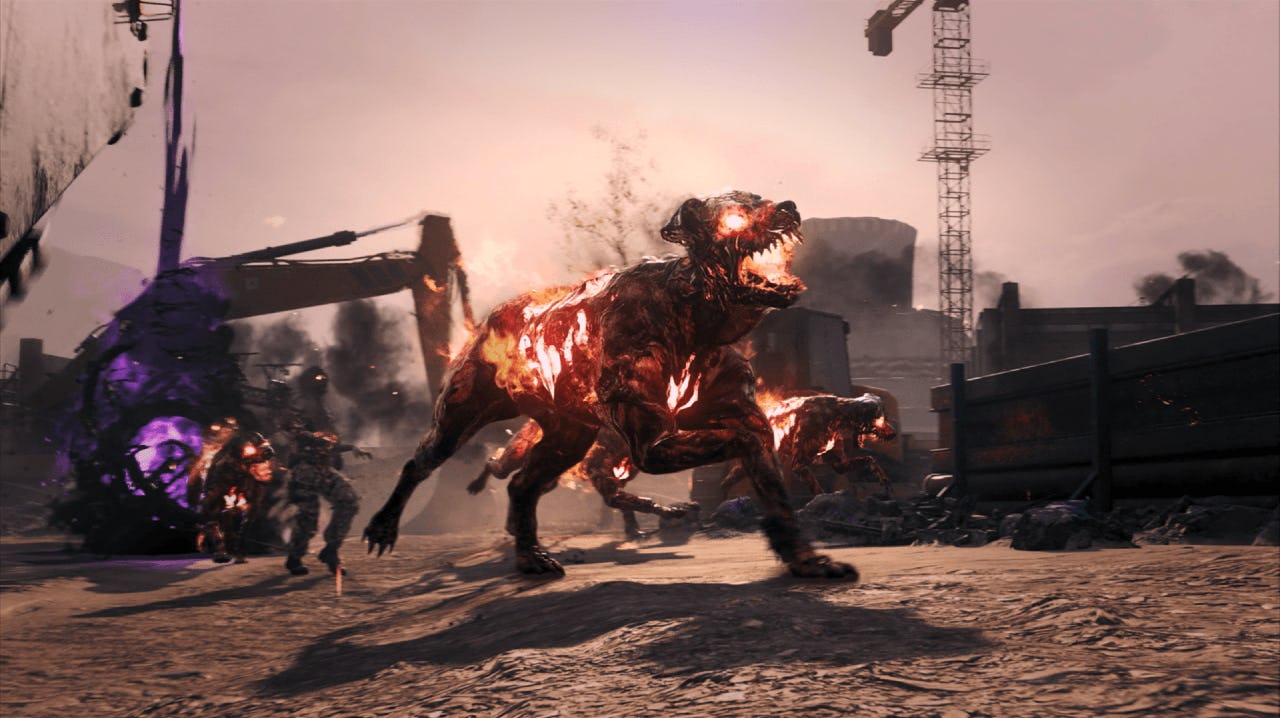
Modern Warfare Zombies is a new type of experience. The mode enlists up to 24 players to scavenge and fight across Urzikstan (the new Warzone map), tackling different leveled zones of the undead in search of upgrades for future deployments. This unique take on Zombies is already a hit, but there’s room for so much more.
Treyarch has the talent to create unique maps, but unfortunately, it doesn’t have the workforce, resources, or time to do so. Meanwhile, the current focus on live service gaming means whatever Zombies experience we do get needs to feed into Warzone, which unfortunately feels like a waste of both the mode and its developer’s potential.
While it might not be a billion-dollar project, there’s a pitch somewhere for a Zombies game that would satiate fans and introduce new players to Call of Duty, and it would still be a profitable endeavor. With the expectation that Xbox will add past Call of Duty games to Game Pass in 2024, interest in the Zombies will likely be high. There is no better time to capitalize on this move than by greenlighting a smaller-scale Zombies project. That could exist alongside Warzone — not within it.
Live service Call of Duty isn’t going anywhere, but paying more attention to the franchise’s most creative pillar and focusing on the quality of releases rather than quantity would be a positive first step in turning around its critical fortunes. Activision can continue to keep the annual franchise humming along without having to stifle creativity. Let the franchise breathe and let the zombies free!







